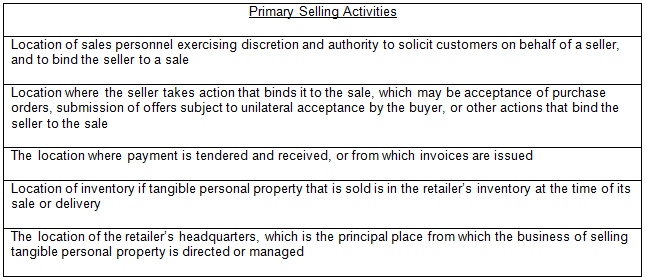On Friday, February 20, 2015, Governor Andrew Cuomo’s office released the 30-Day Amendments to the 2015–2016 New York State Executive Budget Legislation (Budget Bill). This year, instead of the usual set of corrections and minor changes to the Budget Bill, the 30-Day Amendments focused primarily on the governor’s five-point ethics reform plan, with only very few corrections and minor changes included with respect to the Revenue Bill. Those few corrections and changes focused on credits and incentives (e.g., technical corrections and clarifications to the New York State School Tax Relief (STAR) Program, the real property tax credit, the Brownfield Cleanup Program, and the credit for alternative fuel and electric vehicles) leaving any changes to the proposed sales tax provisions, corporate franchise tax technical correction provisions and New York City conformity provisions to the legislative process. Please see our On the Subject related to the Budget Bill’s proposed significant changes to New York’s sales and use tax statutes.
read more

 Subscribe
Subscribe




